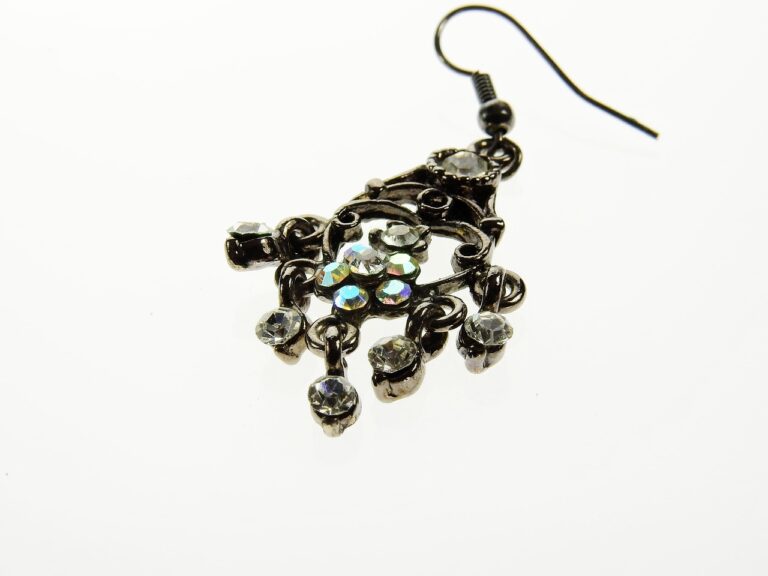Fashion and Sustainable Tourism: Promoting Ethical Travel Wardrobes
When packing for your next adventure, opt for versatile clothing pieces that can be mixed and matched to create different outfits. Choose items that are made from sustainable materials such as organic cotton, bamboo, or recycled fabrics. These materials not only reduce the environmental impact of your wardrobe but also tend to be more durable for travel.
Consider investing in high-quality, timeless pieces that are ethically produced. By purchasing from brands that prioritize fair labor practices and sustainable manufacturing processes, you are supporting a more responsible fashion industry. This not only benefits the planet but also ensures that the workers involved in making your clothes are treated fairly and paid a living wage.
• Opt for versatile clothing pieces that can be mixed and matched
• Choose items made from sustainable materials such as organic cotton, bamboo, or recycled fabrics
• Invest in high-quality, timeless pieces that are ethically produced
• Purchase from brands that prioritize fair labor practices and sustainable manufacturing processes.
The Impact of Fast Fashion on the Environment
The fashion industry has seen a significant rise in fast fashion brands in recent years, catering to the increasing demand for quick and trendy clothing options. While this provides consumers with affordable and constantly changing styles, the environmental impact of fast fashion cannot be overlooked. The production processes of fast fashion often involve harmful chemicals, excessive water usage, and high levels of garment waste, contributing to pollution and environmental degradation.
Moreover, the fast fashion model promotes a culture of disposable clothing, leading to increased textile waste in landfills. The rapid turnover of trends encourages consumers to discard clothing items quickly, resulting in a cycle of overconsumption and waste. The short lifespan of fast fashion pieces not only harms the environment but also perpetuates unethical labor practices in the global garment industry. Addressing the environmental impact of fast fashion requires a shift towards sustainable and ethical practices throughout the entire supply chain.
Choosing Ethical and Fair Trade Clothing
When it comes to making conscious and ethical choices in your wardrobe, opting for fair trade clothing can have a positive impact on both people and the planet. By supporting fair trade practices, you are ensuring that the workers involved in the production process are treated fairly and paid a living wage. This helps to uplift communities and promote social justice within the fashion industry.
Additionally, choosing fair trade clothing also means choosing better quality garments that are made with sustainable materials and production methods. These items are often crafted to last longer, reducing the need for constant replacements and decreasing the overall environmental footprint of your wardrobe. Making the switch to fair trade clothing is not only a step towards supporting ethical practices but also a way to build a more sustainable and responsible wardrobe.
What are some benefits of choosing ethical and fair trade clothing?
Choosing ethical and fair trade clothing supports sustainable and responsible production practices, ensures fair wages and working conditions for garment workers, and helps reduce environmental impact.
How can I develop a sustainable travel wardrobe?
To develop a sustainable travel wardrobe, opt for versatile pieces that can be mixed and matched, choose high-quality items that will last longer, and consider purchasing from ethical and fair trade brands.
What is the impact of fast fashion on the environment?
Fast fashion contributes to environmental degradation through high levels of water and chemical usage, pollution from textile production and dyeing, and excessive waste from discarded clothing.
How can I make more ethical clothing choices as a consumer?
As a consumer, you can make more ethical clothing choices by researching brands and their production practices, avoiding impulse purchases, choosing quality over quantity, and supporting companies that prioritize sustainability and fair labor practices.







